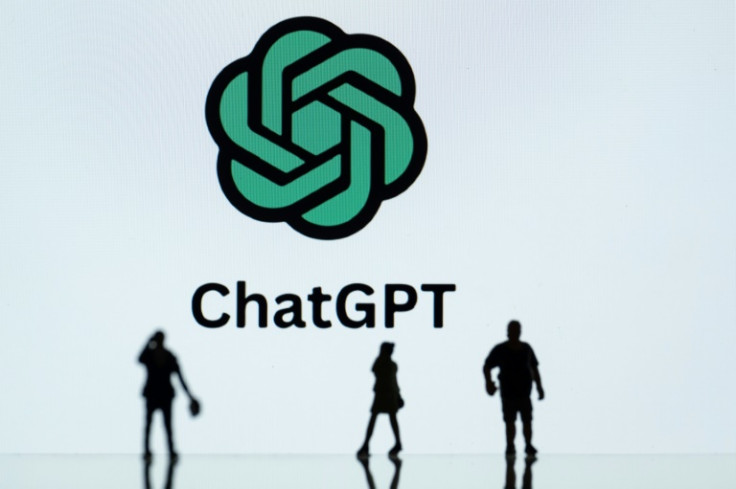Customer Service Overhaul: Third-Party Tools To Fix 40% Of Issues By 2027

Gartner predicts that 40% of all customer service issues will be resolved by unofficial third-party tools powered by generative AI (GenAI) by 2027, signaling a fundamental shift in customer expectations that will require service leaders to adapt their strategies to meet these new demands.
According to the American technological research and consulting firm, as more consumers turn to GenAI tools like ChatGPT, Google AI, and Apple Intelligence for quick and convenient solutions, customer service teams may face a decline in traditional service requests.
These AI-driven platforms, integrated into the apps and devices people use daily, are reshaping how customers solve problems.
"There is a transformation in customer behavior and a reset in their expectations with GenAI continuing to reshape the customer service landscape," says Daniel O'Sullivan, Senior Director Analyst in the Gartner Customer Service and Support practice.
"As customers increasingly self-solve issues through GenAI-enabled tools, there will be diminished demand for official first-party service. When customers do have to engage with first-party service, their expectations will be higher," he adds.
O'Sullivan stresses that service leaders must evolve their strategies to keep up with this AI-driven shift. "Service and support leaders must evolve their customer experience and channel strategies to reflect these profound shifts and meet customer needs in this AI-driven world," O'Sullivan points out.
Key Impacts of Third-Party GenAI Tools on Customer Service.
1. Declining Demand For First-Party Service
GenAI tools provide a quicker, more efficient experience than traditional customer service channels. While first-party services often require customers to navigate complex interfaces or wait for responses, third-party AI platforms offer immediate answers that too with low-effort. As these tools become increasingly popular, businesses will need to reassess their investments in first-party services.
In light of this, customer service leaders will need to reevaluate their investments in first-party service.
"Leaders should create differentiated self-service experiences for customers and focus investments on more sophisticated queries that third-party options cannot easily handle," advises O'Sullivan. "They must keep a close eye on the fast-changing third-party space, monitoring quality and availability of third-party GenAI responses and concentrating their investments on self-service capabilities that supplement, rather than replace, third-party options."
2. Resetting Customer Expectations
As AI tools become the norm, customers will expect more personalized and low-effort service experiences. While third-party options will continue to grow, some issues will still require first-party support. Businesses must adapt to meet these rising expectations, O'Sullivan notes.
According to a Gartner survey of 187 service and support leaders conducted in mid-2024, 84% agree that customer expectations for service have increased. To meet these expectations, leaders must focus on reducing customer effort and eliminating friction points that disrupt the customer journey.
Implementing GenAI to improve self-service experiences and using conversational interfaces across multiple channels are key strategies to meet customer needs.
"It's also important for leaders to harness customer data, which is a tremendous advantage of first-party service," says O'Sullivan. "By leveraging this data, they can design truly personalized experiences that deliver value to customers."
As GenAI continues to reshape the customer service landscape, businesses must adapt to this new reality by refining their strategies and aligning their service with the evolving expectations of their customers.
© Copyright IBTimes 2024. All rights reserved.




















